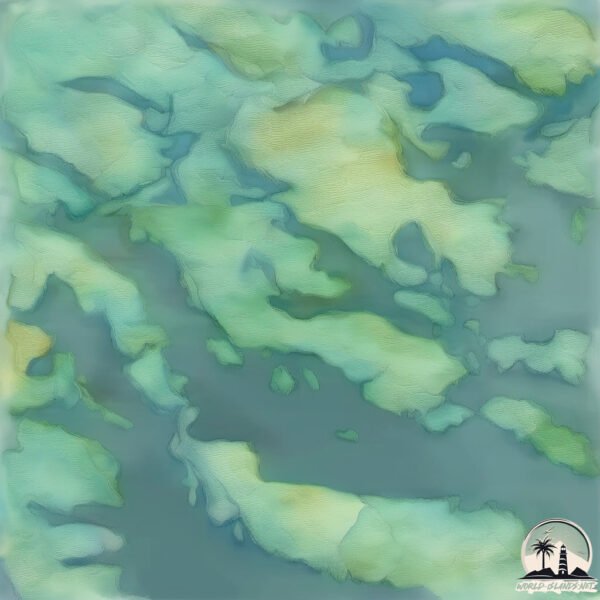Rennes

Welcome to Rennes, a Polar island in the Indian Ocean, part of the majestic Indian Ocean. This guide offers a comprehensive overview of what makes Rennes unique – from its geography and climate to its population, infrastructure, and beyond. Dive into the details:
- Geography and Size: Explore the island’s size and location.
- Climate and Weather: Weather patterns and temperature.
- Topography and Nature: Uncover the natural wonders of the island.
- Infrastructure and Travelling: Insights on reaching, staying, and making the most of your visit.
- News and Headlines: Latest News.
Geography and size of Rennes
Size: 19.5 km²
Coastline: 40.4 km
Ocean: Indian Ocean
Sea: Indian Ocean
Continent: Seven seas (open ocean)
Rennes is a Medium Island spanning 19 km² with a coastline of 40 km.
Archipel: Kerguelen Islands – A group of islands in the southern Indian Ocean, often referred to as the “Desolation Islands,” known for their isolation and harsh environment.
Tectonic Plate: Antarctica – Covers the Antarctic continent and extends outward, characterized by interactions with surrounding oceanic plates and known for its seismic activity along the periphery.
The geographic heart of the island is pinpointed at these coordinates:
Latitude: -49.45392765 / Longitude: 69.85055321
Climate and weather of Rennes
Climate Zone: Polar
Climate Details: Tundra
Temperature: Cold
Climate Characteristics: The tundra climate features long, extremely cold winters and short, cool summers. Vegetation is limited to mosses, lichens, and small shrubs due to the low temperatures and short growing seasons. Biodiversity is low, but some specialized species thrive.
Topography and nature of Rennes
Timezone: UTC+05:00
Timezone places: Asia/Karachi
Max. Elevation: 102 m
Mean Elevation: 42 m
Vegetation: Herbaceous Cover
Tree Coverage: 41%
The mean elevation is 42 m. The highest elevation on the island reaches approximately 102 meters above sea level. The island is characterized by Plains: Flat, low-lying lands characterized by a maximum elevation of up to 200 meters. On islands, plains are typically coastal lowlands or central flat areas.
Dominating Vegetation: Herbaceous Cover
Comprising mainly of grasses, herbs, and ferns, these areas are common in prairies, meadows, and savannas, and can vary widely in species composition. Rennes has a tree cover of 41 %.
Vegetation: 7 vegetation zones – Very Highly Diverse Island
Islands in this range are ecological powerhouses, showcasing a wide array of vegetation zones. Each zone, from lush rainforests to arid scrublands, coastal mangroves to mountainous regions, contributes to a complex and interdependent ecosystem. These islands are often hotspots of biodiversity, supporting numerous species and intricate ecological processes.
Infrastructure and Travelling to Rennes
Does the island have a public airport? no.
There is no public and scheduled airport on Rennes. The nearest airport is Sir Charles Gaetan Duval Airport, located 3373 km away.
Does the island have a major port? no.
There are no major ports on Rennes. The closest major port is PORT MATHURIN, approximately 3380 km away.
The mean population of Rennes is per km². Rennes is . The island belongs to France.
Continuing your journey, Longue is the next notable island, situated merely km away.
10 Best Places to Visit in Brittany 4K HD Travel Exposure



France is classified as Developed region: G7: Group of Seven – Major advanced economies, including Canada, France, Germany, Italy, Japan, the United Kingdom, and the United States. The level of income is High income: OECD.
News – Latest Updates and Headlines from Rennes
Stay informed with the most recent news and important headlines from Rennes. Here’s a roundup of the latest developments.
Please note: The data used here has been primarily extracted from satellite readings. Deviations from exact values may occur, particularly regarding the height of elevations and population density. Land area and coastline measurements refer to average values at mean high tide.
